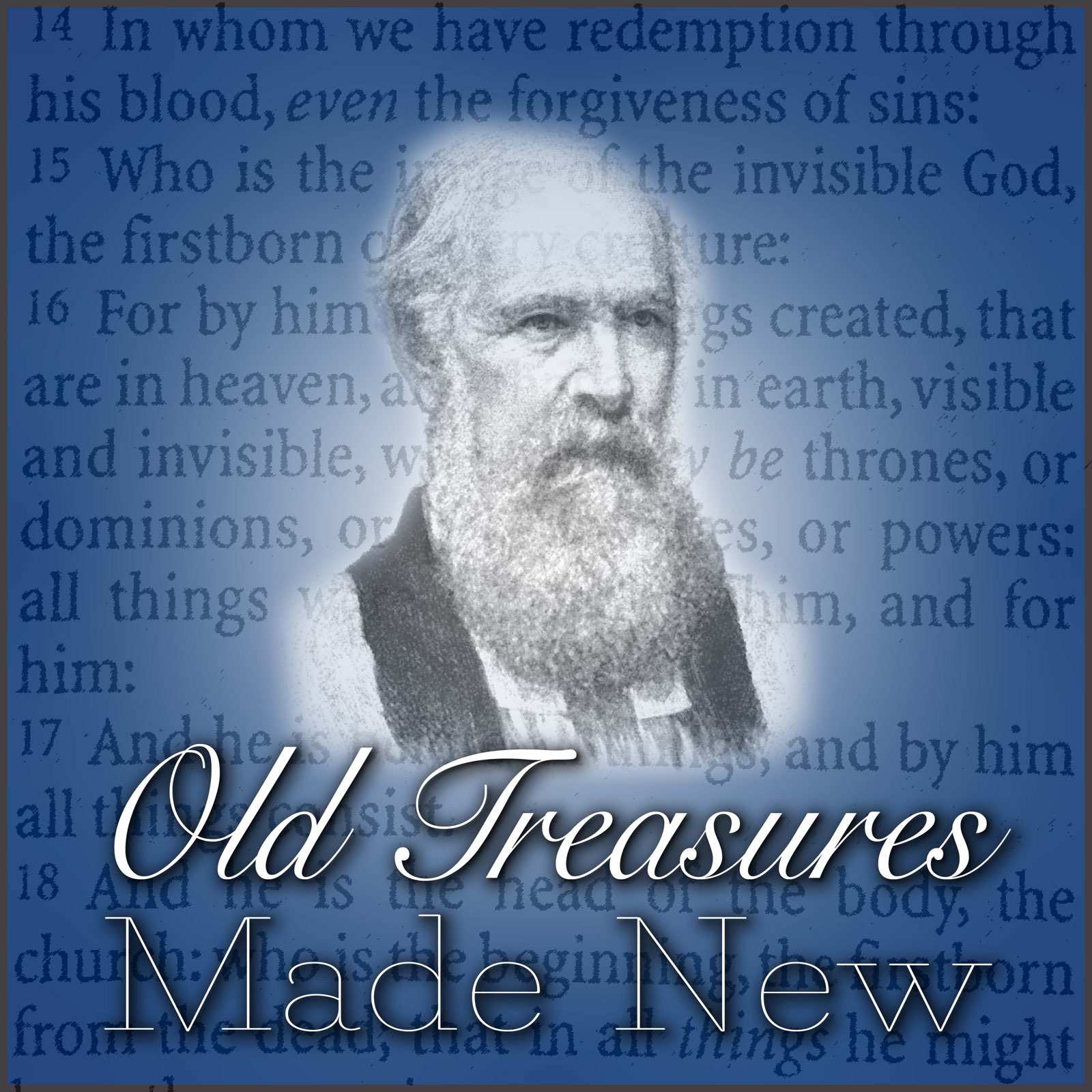Episode 319
John 1:14
Until John, we have been using older manuscripts of Ryle's Expository Thoughts. Just recently, though, EP Publishing has put out a lightly updated version of Ryle's work, which I am now working from. If you are interested in a physical copy of the Expository Thoughts, you can find it HERE.
John 1:14
- The main truth which this verse teaches is the reality of our Lord Jesus Christ's incarnation, or being made man.
"The passage of Scripture now before us is very short if we measure it by words, but it is very long if we measure it by the nature of its content."
"The union of two natures in Christ's one Person is doubtless one of the greatest mysteries of the Christian faith. It needs to be carefully stated. It is just one of those great truths which we are not meant to be curiously pried into, but to be reverently believed."
"But to say that at any instant of His earthly ministry He was not fully and entirely God is nothing less than heresy."
The second article of the Church of England says, "The Son, which is the Word of the Father, begotten from everlasting of the Father, the very and eternal God, and of one substance with the Father, took human nature in the womb of the blessed Virgin, of her substance: so that two whole and perfect Natures, that is to say, the Godhead and Manhood, were joined together in one Person, never to be divided, whereof is one Christ, very God, and very Man."
Questions:
We have here a short passage, yet, as Ryle says, is very long in its content. The two natures of Christ, also known as the hypostatic union, is not to be pried into but reverently believed. Like the Trinity, it is one of the great mysteries of the Christian faith, and yet, to know it is to know the true God and Jesus Christ who He sent. That is to say, as Jesus prays in John 17, to know these deep truths about God is to know eternal life. A few questions:
- Do we see such truths as splitting hairs or as ground for great encouragement and thankfulness?
- Do we see in Jesus fallen man dignified, because Jesus took on a body, which, though glorified, he now has for eternity? Does this not encourage us, as Ryle says, to see our bodies rightly and to not defile them with sin? Doesn't this encourage us to fight sin by the power of the Spirit?
- Do we see in Jesus one who can sympathize with our weaknesses because He took on flesh and entered this world as we are, yet without sin? Do we tend to run from Him when we sin, or do we run to Him because nobody knows and understands better?


